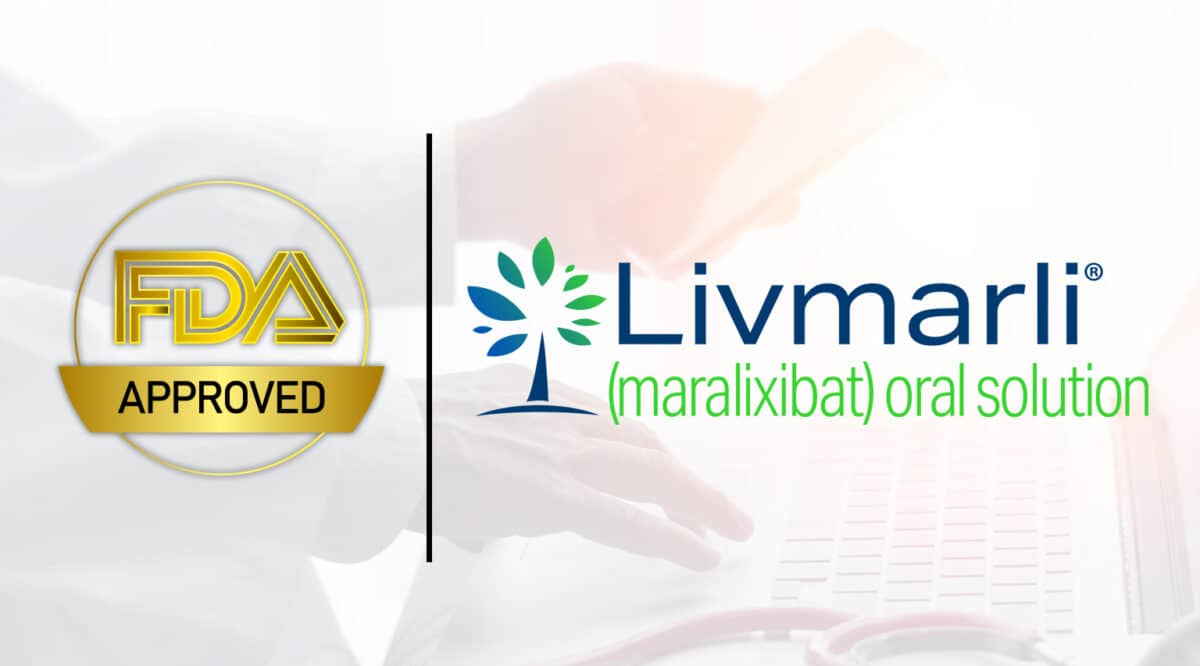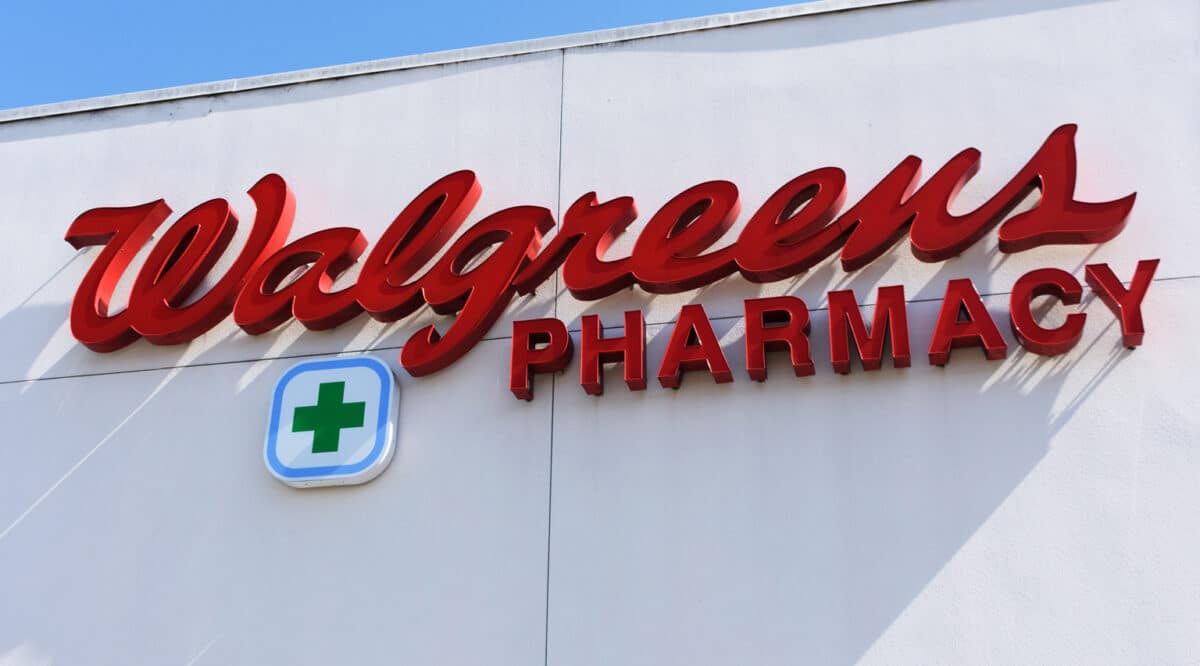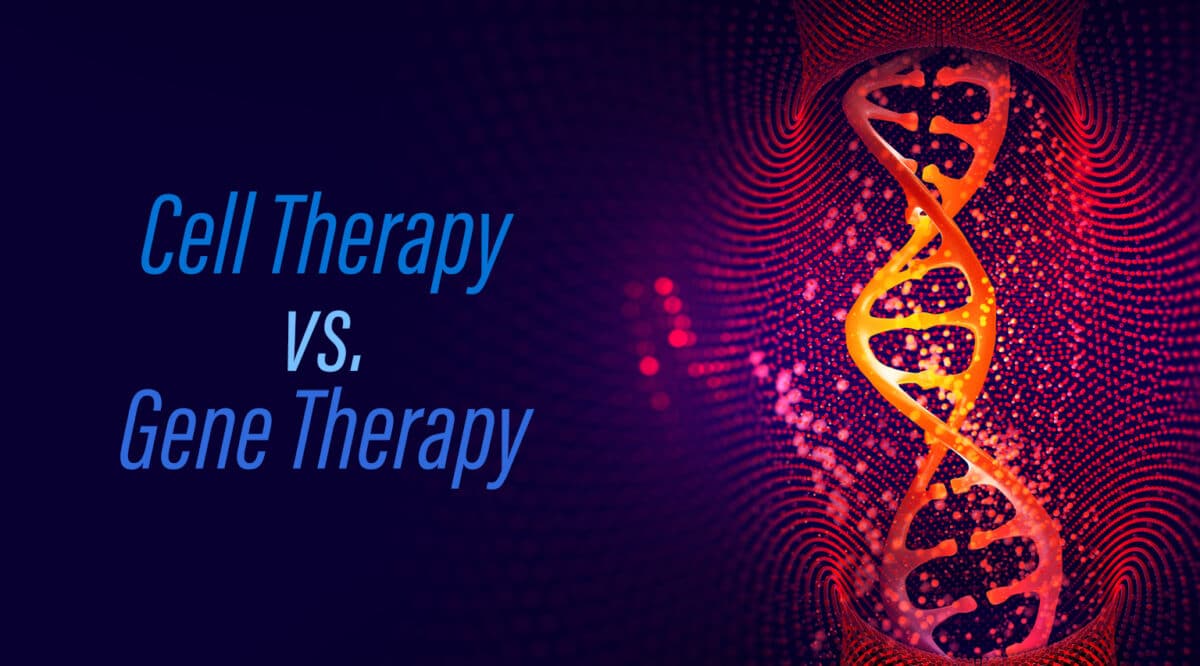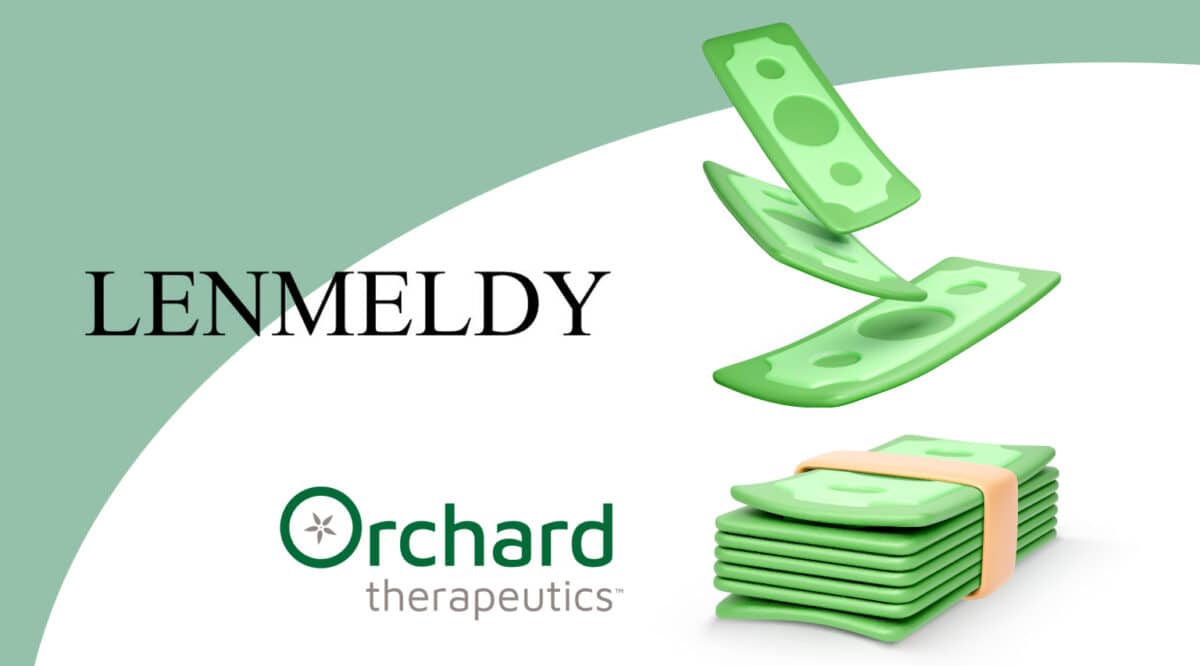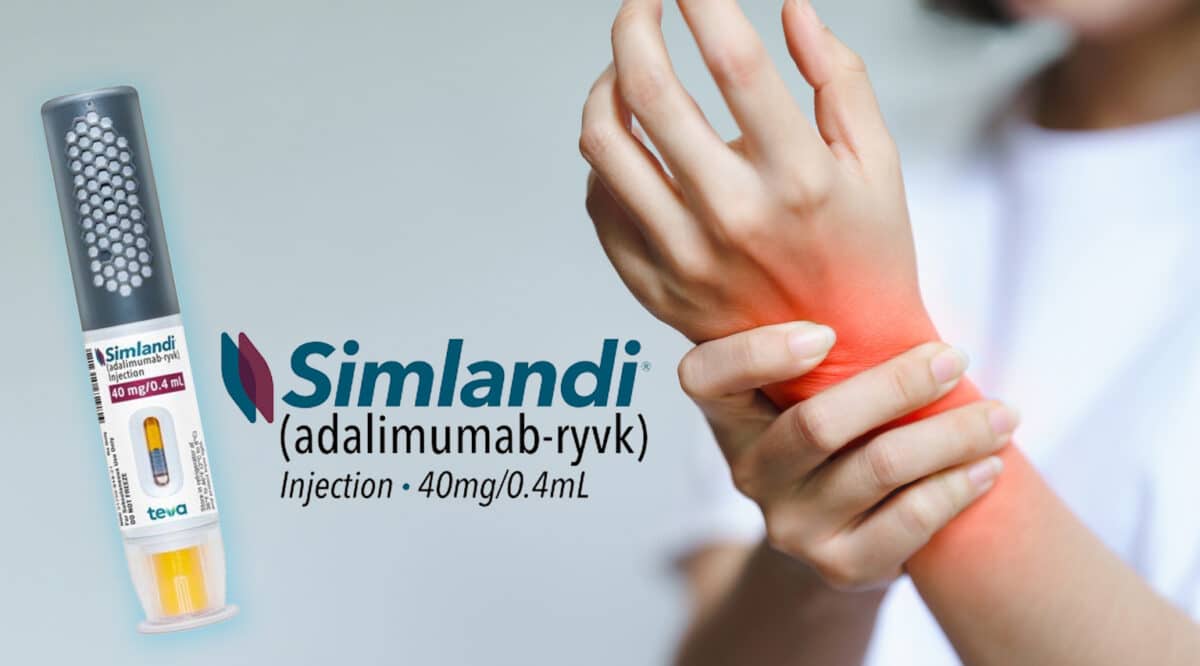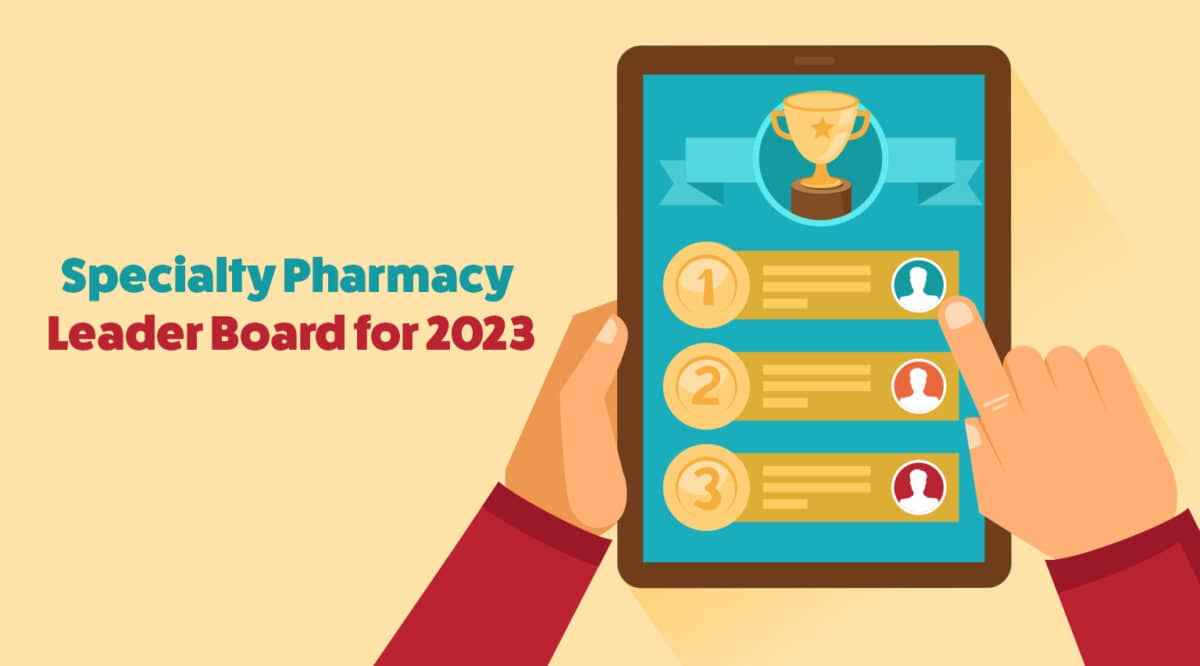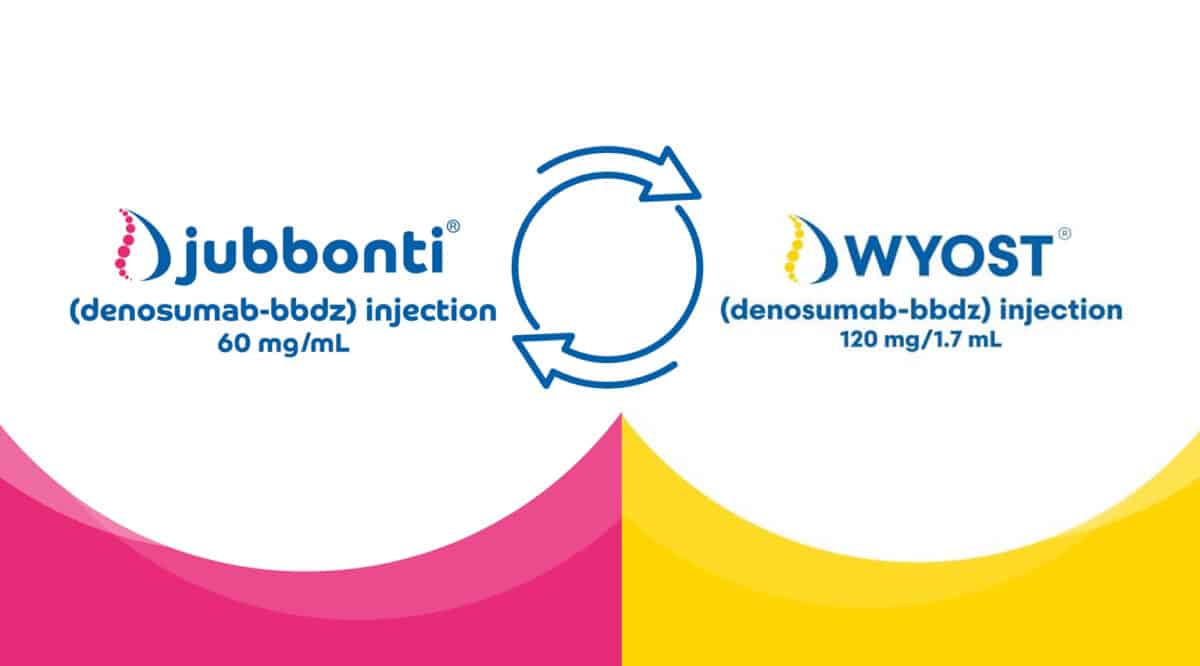…………catching up on FDA approvals
The FDA recently approved a new oral solution, Livmarli (maralixibat) from Mirum Pharmaceuticals, Inc, indicated for the treatment of cholestatic pruritus in patients 3 months of age and older with Alagille syndrome (ALGS) and also for the treatment of cholestatic pruritus in patients 5 years of age and older with progressive familial intrahepatic cholestasis (PFIC). Livmarli is an ileal bile acid transporter (IBAT) inhibitor. It was granted Breakthrough Therapy designation for ALGS and PFIC type 2 and orphan designation for ALGS and PFIC.
Progressive familial intrahepatic cholestasis (PFIC) is a rare genetic disorder that causes progressive liver disease typically leading to liver failure. In people with PFIC, liver cells are less able to secrete bile. The resulting buildup of bile causes liver disease in those affected. Signs and symptoms of PFIC typically include severe itching, jaundice, failure to thrive, and liver failure. The disease is estimated to affect fewer than 4,000 individuals in the US.
Published pricing for Livmarli oral solution (9.5 mg/mL) is about $56,240 for a supply of 30 milliliters.
Mirum did not announce plans for distribution. Given the small patient base, high cost and oral weight based dosing it is likely to be available through exclusive distribution.
CLICK HERE to access prescribing information
——————————————————————————————–

